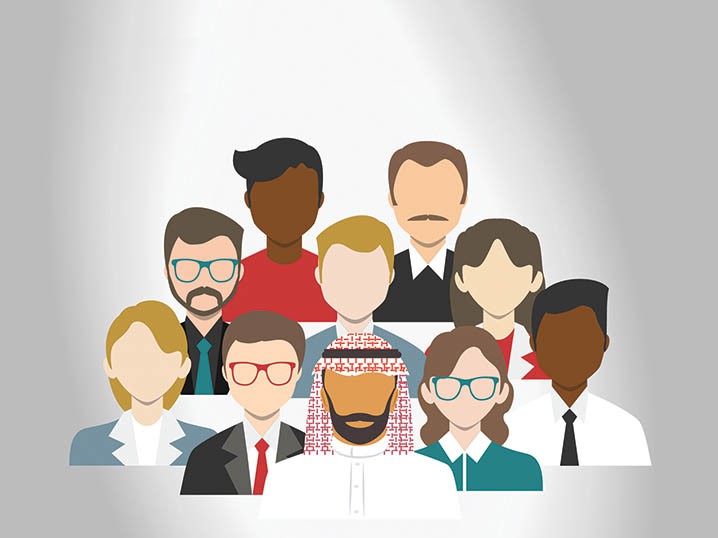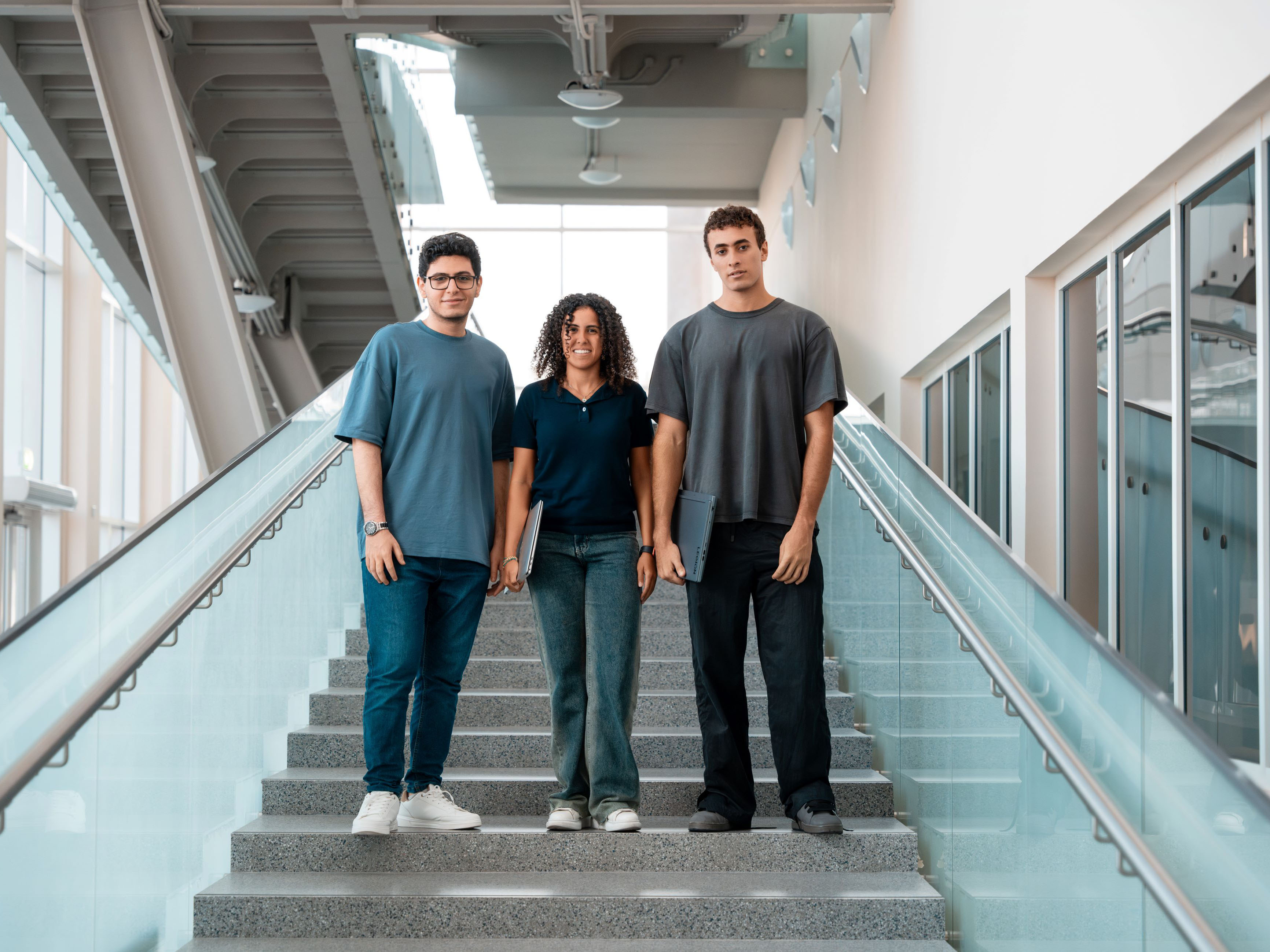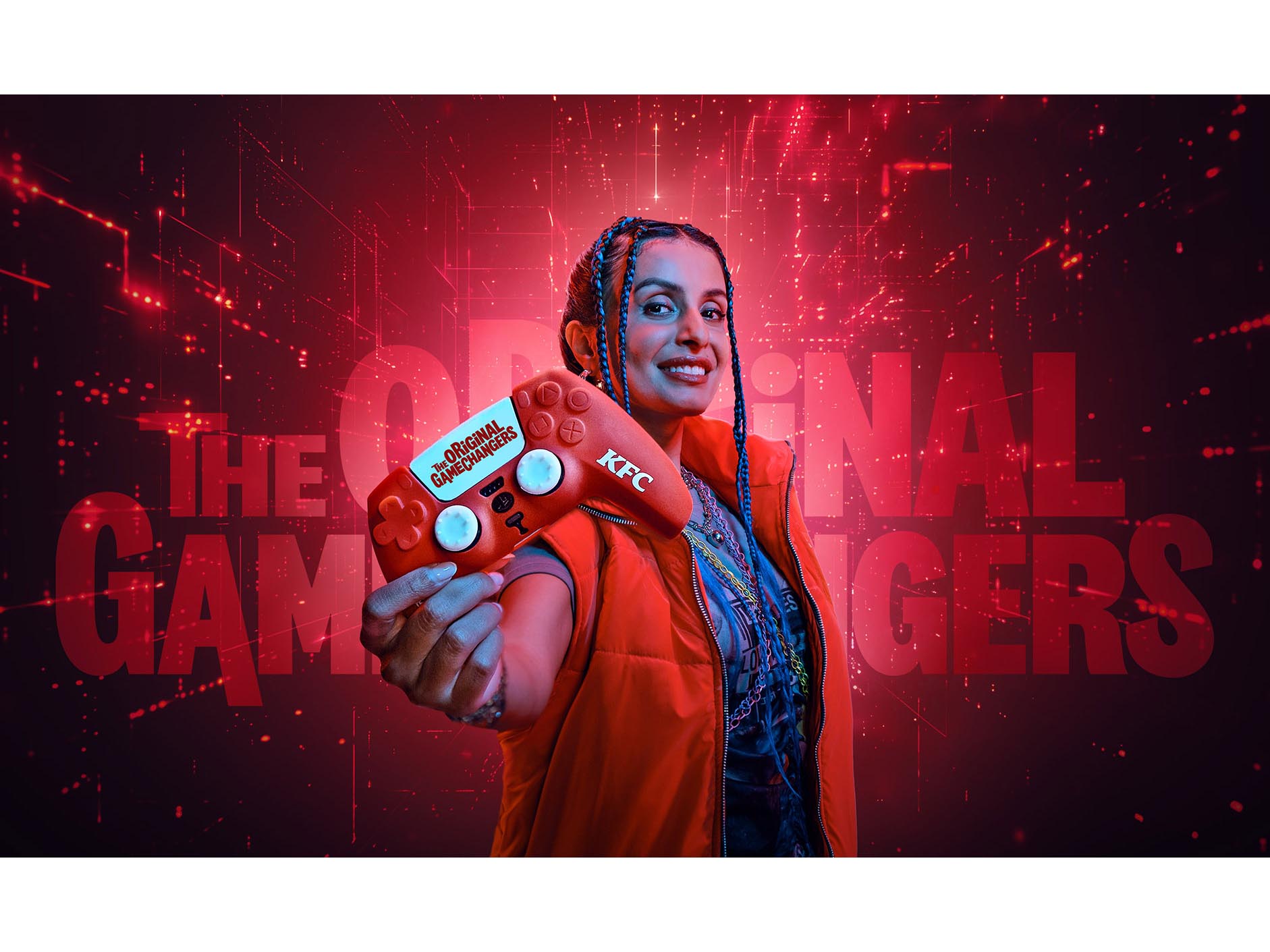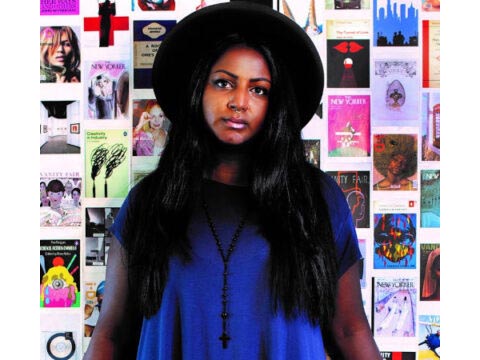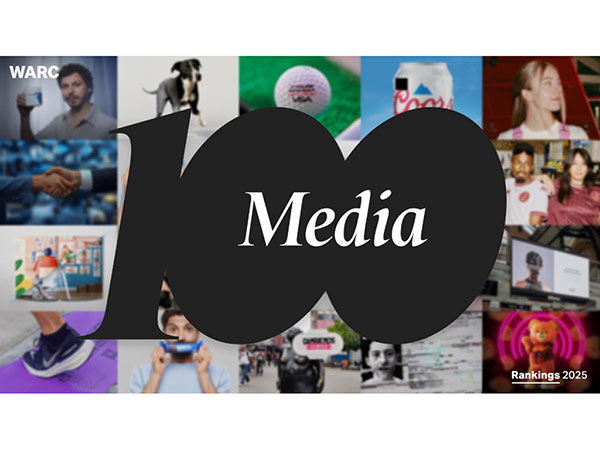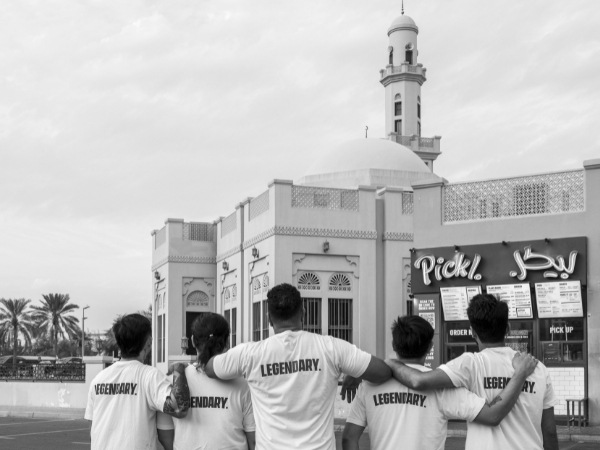News - Advertising
Embracing Diversity
by Iain Akerman
November 15, 2016

As anyone will happily point out, there are more than 200 nationalities living and working in the UAE, rendering much communication irrelevant for huge swathes of the population if not properly targeted or crafted within the framework of universal appeal.
It is an environment that is as challenging as it is exciting. How do you create work that speaks its own language when the audience is so diverse? How do so many cultures and backgrounds work together to create successful campaigns? Is targeting on a molecular scale now the true holy grail?
“We have over 40 different nationalities in our group of 275 like-minded people,” says Talal Sheikh Elard, managing director of Impact BBDO Dubai. “Just watching them come together to create the work is amazing. Imagine this: a Pakistani techie, an Aussie writer, a Lebanese art director, a Palestinian copywriter and a Saudi planner, all connecting and collaborating with the sole objective of creating the best work. Oh and don’t forget the British account director and the Egyptian client.
“That is Dubai’s point of difference – our strength comes from our diversity. Over the last five years, Dubai-based agencies have made their mark on the global map and this serves to increase the attractiveness of the region for great creative talent from all over the world. I don’t believe we compete with other cities in the Middle East, we are an amalgamation of the Middle East and we compete with the world.”
Yet isn’t there a leaning towards crafting ad campaigns for the widest possible appeal? If so, isn’t this the antithesis of engagement? Or has diversity created an open field of play?
“Dubai’s diversity is both awesome and troublesome, or rather challenging,” admits Manuel Borde, creative director at TBWRaad. “How to craft messages that fit so many cultures at the same time, including that still important chunk of the population that are locals? And it gets even more challenging when you add other regional markets like KSA or Qatar.
“The challenge is left for us to find stories and insights that are universally relevant. I sometimes do feel we overestimate the term ‘culturally relevant’. Do I have to show Asian actors to be relevant to Asian expats? Why? I actually got told once while presenting a campaign that a meteor was not relevant to the culture. I don’t think it’s a ‘thing’ of any culture. It’s just as relevant as the planets and the stars I guess.”
Internationally, Dubai has gained recognition and climbed the awards ladder via work that has global appeal. In a similar vein to the Brazilians and the Argentinians, agencies here have done well by generally avoiding deep cultural nuances and instead creating work that is universally understood.
But is this the route that should be taken? Isn’t micro-targeting the future? Is the demise of universal appeal at hand?
“Living in such a diverse environment drives you to explore new ideas of communication,” says André Pereira Nassar, executive creative director of Leo Burnett for GCC. “You need to diversify content in order to connect effectively with all the different communities within Dubai and the GCC. You create projects that work very well in Saudi Arabia and then you have to create a successful campaign that penetrates the Filipino community. You are constantly on the lookout for what works best.”
“Maybe Dubai is not the insight,” adds Joshua Dye, head of integrated strategy at J. Walter Thompson MENA. “The reality is that like anywhere else in the world, there is no real value in targeting everyone. Or as we say, ‘if you are targeting everyone, you reach no one’. Thus the conversation is inherently about driving business ROI conversation. And as anywhere else, data-driven insights are the key to powering deeper connections of like-mindedness and shared values.
“As Simon Sinek [a leadership expert] said, ‘people don’t buy what you do, they buy why you do it’. The goal then is to find within the 203 nationalities the people who have that potential affinity with your brand purpose – regardless of provenance. Inherently, they will always drive your business.
“As an industry, we are becoming increasingly sophisticated – thanks to data and analytics – at feeling comfortable in choosing smaller targets to go after… and reach more of them more precisely. This diversity is forcing the Dubai marketing communications industry to collectively prove the point that it is the richness of the insight that is connecting brands to their consumers. And it is the beauty of diversity of Dubai that makes this place so compellingly fascinating and unique.
“So what’s the upside of 203 nationalities? It places Dubai at the forefront of challenging frontiers where our business is to push the boundaries of human insight to find new creative ways to connect people in an increasingly diverse world.”


